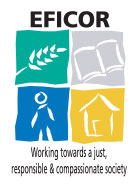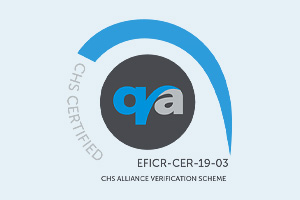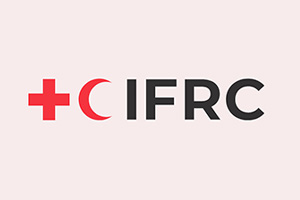Annually, it is estimated that 44,000 women die due to preventable pregnancy-related causes in India . There are some states in India where maternal mortality is still a significant problem. Often, in these same areas, there is also a high mortality risk for children under five. Both mother and child mortality is often linked to one of the following: malnutrition, failure to access basic healthcare, and preventable diseases.
Lack of proper nutrition has resulted in a high percentage of pregnant women being found to be anaemic. Anaemia during pregnancy can cause serious complications. It increases the risk of premature birth, of having a low birth weight baby, of health and developmental problems for the baby, and can increase the risk of serious health problems for the mother. Malnutrition amongst children is also a serious problem. The World Bank estimates that India is one of the highest ranking countries in the world for the number of children suffering from malnutrition. At least one in five children under the age of five years in India are wasted. Lack of proper nutrition affects children's mental and physical growth and is responsible for more ill health than any other cause. Malnutrition is keeping families in a vicious cycle of poverty, making it even more difficult for them to overcome the hurdles to development.
Many women in rural, poor areas have depended on local traditional birth attendants for years. While many of these attendants may have experience delivering babies, they are unprepared for complications during labour and are only involved during labour and delivery. Sadly, signs of poor maternal health or a complicated labour are missed, leading to a high mortality rate for mothers and their babies. When there is a miscarriage or the baby is stillborn it is accepted by the family as the way it is. Some mothers lose multiple children and never know the reasons why. Many of the mothers in remote areas are unaware that they can utilise free, professional medical help throughout their entire pregnancy that could likely avert tragedy.
India accounts for more than 20 per cent of child mortality worldwide. India also accounts for the largest number of children who are not immunized: 7.4 million. The Ministry of Health and Family Welfare provides vaccines to pregnant mothers, infants and children, free of charge. However, many families do not utilise this benefit because of a variety of reasons: they are unaware of the benefits of vaccinations, they hold misconceptions about government provided healthcare, and because of the distance to health centres.
http://unicef.in/whatwedo/1/maternal-health
EFICOR has been working with the Government to bring about better health, hygiene and nutrition among mothers, newborns and children under the age of two in remote and vulnerable areas.
EFICOR works with the Ministry of Health and Family Welfare as well as Ministry of Women and Child Development to improve the maternal and child health. At present, EFICOR implements four Mother and Child Health projects in remote parts of Jharkhand (Pakur district), Rajasthan (Jalore district) and Madhya Pradesh (Damoh, Khandwa and Satna districts).




© 2022 EFICOR. All Rights Reserved. Site by NWD.